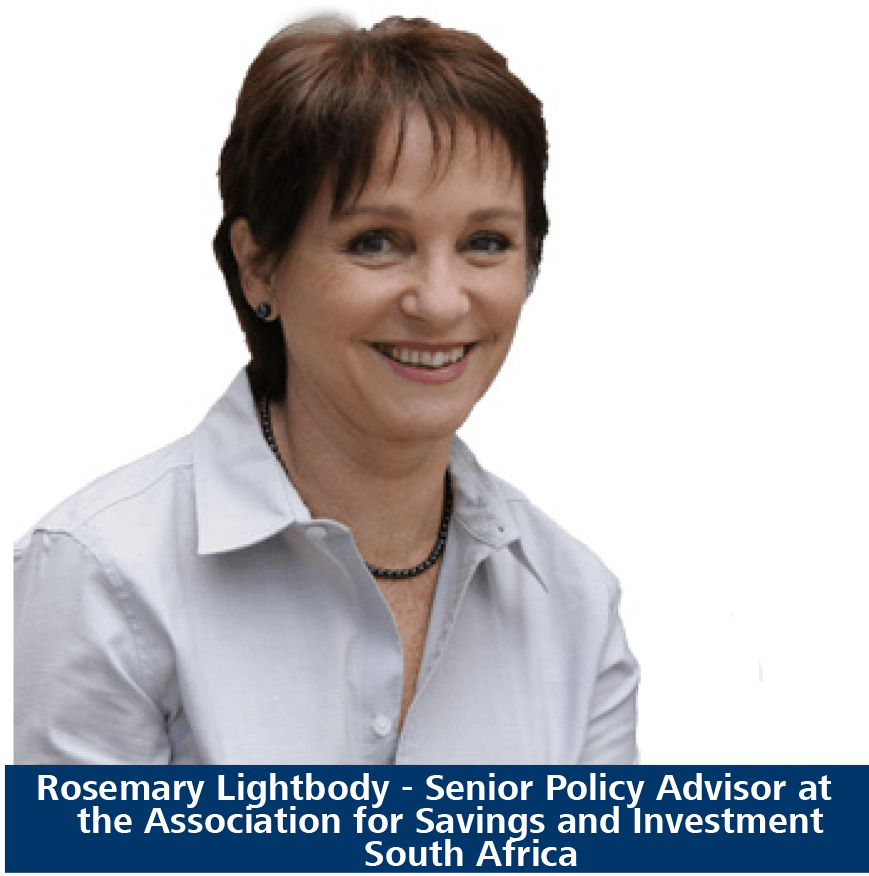FSCA will enhance FSB’s employee’s skills
As the Financial Services Board (FSB) transitions into the Financial Sector Conduct Authority (FSCA) creating a more resilient and stable financial system it will require news skills and expertise to address its expanded mandate.
DThe adoption of Twin Peaks regulations provides FSB soon the FSCA with an opportunity to enhance skills of its employees to deepen its understanding of those risks that may threaten the fairness and integrity of the country’s financial system.
 |
The delineation between the regulation of prudential and conduct risk is likely to mean that more specialised resources will be required. This is especially true for conduct risk, which is a relatively new area of focus for South African financial services regulation. According to FSB’s Market Conduct Strategy Advisor Leanne Jackson, new skills will be required for two main purposes: Firstly to enable the FSCA to perform its functions in respect of types of financial services the FSB has not previously overseen, such as banking, debt collection, and certain other services related to credit, among others. This will require expertise and experience in those fields. Secondly, enhanced specialist skills will be required to “enable us to successfully shift to a more proactive, intrusive and judgment-based supervisory approach and to conduct quality research into emerging financial sector trends and conduct risks.” This will require enhanced analytical, technical and research capabilities, says Jackson. |
 |
Rosemary Lightbody, Senior Policy Advisor at the Association for Savings and Investment South Africa (ASISA), echoed the same sentiments in the FSB Quarterly Bulletin published early in 2017 where she said these new regulations may provide existing staff, who move into the new regulatory authorities, with training and support to successfully transition to the new institutional framework and the associated riskbased and outcomes-focused approach to regulation (a change management process). The FSCA is expected to empower its employees by training in new areas. This means investment into training and development for existing personnel. Jackson explains that the new mandate presents an excellent opportunity for existing staff |
to develop new skills. In addition, it enables the FSCA to identify cases where existing staff may currently already have some of the skills and experience “we have great skills internally, but have not had an opportunity to apply them because of our previous more limited mandate.”
As part of the change management process, FSCA staff will be required to attend ongoing workshops in the first 12 to 18months of the new entity. The workshops will be geared towards ensuring that there is common understanding of the mandate. “A number of employees will be also travelling internationally as part of familiarization with other Market Conduct Regulators. On their return, they need to impart the knowledge gained with fellow colleagues as part of the skills transfer process,” says Jackson.
With fintech becoming a focus area for the FSCA, there may be a requirement for technical skills. Possible partnerships with the technology sectors including innovation hubs and tr aining institutions could enhance the FSC A’s capabilities in r egulating the fintech space.


